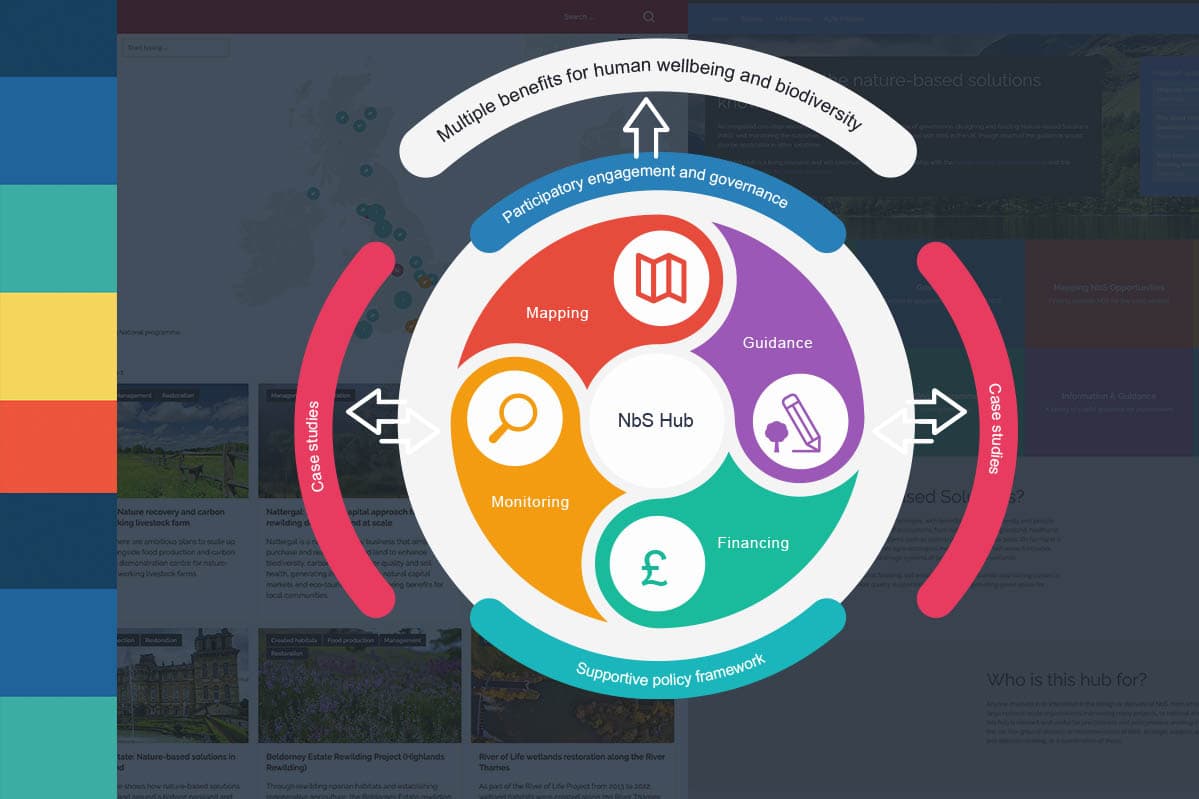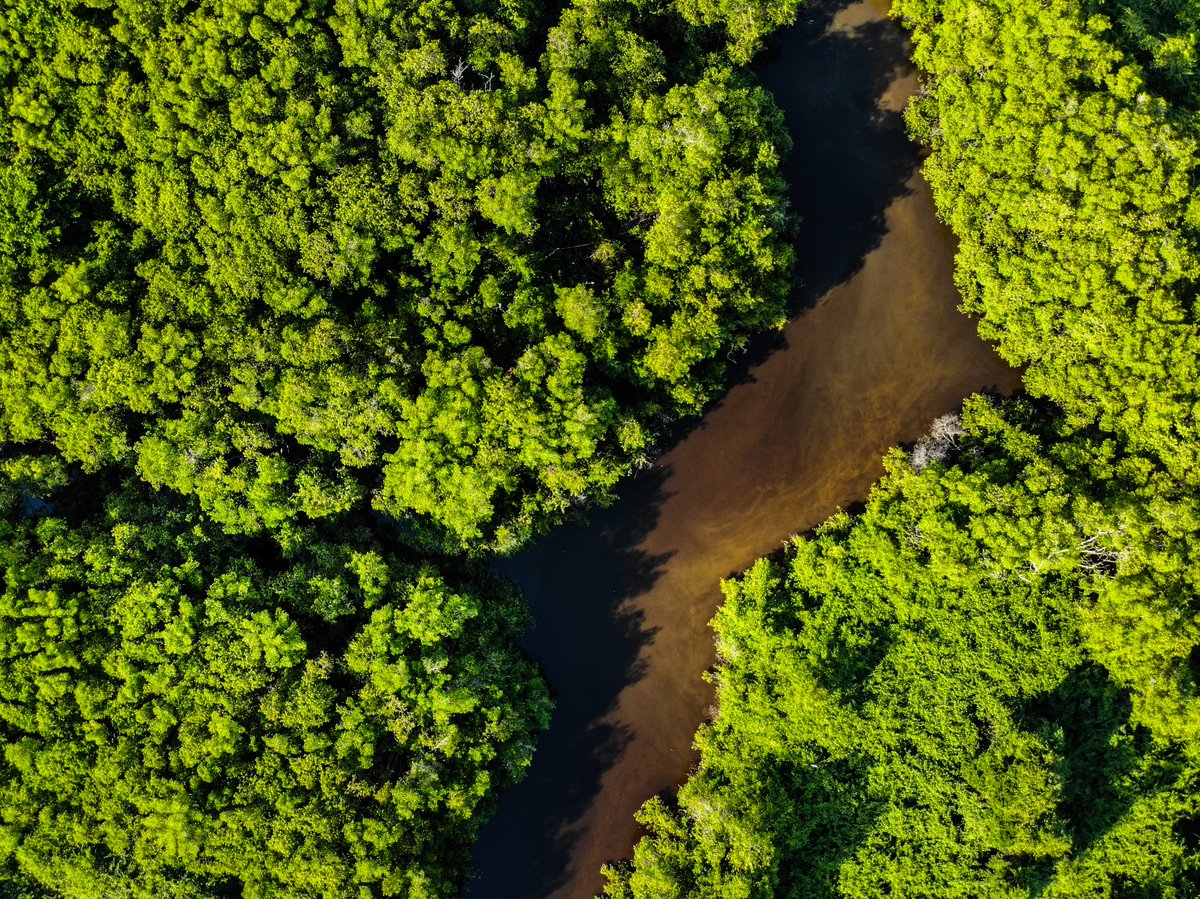The role of Nature-based solutions in supporting social-ecological resilience for climate change adaptation

Turner et al., 2022
A new paper, The role of Nature-based solutions in supporting social-ecological resilience for climate change adaptation, has recently been published in Annual Review of Environment and Resources, led and co-authored by NbSI team members Beth Turner, Nicole Chabaneix, Stephen Woroniecki, and Nathalie Seddon, and collaborators Tahia Devisscher and Christian Messier.
NbS are underpinned by social-ecological systems which must be resilient for NbS to navigate climate-change and continue providing adaptation and other societal benefits into the future. The researchers developed a two-part framework to show how NbS can affect key enabling mechanisms that underpin social-ecological resilience, that ensure the delivery of adaptation benefits (nature’s contributions to adaptation).
Potential resilience mechanisms are compiled, but the authors highlight the need for reciprocal feedbacks between social and ecological mechanisms. NbS in forests were examined, with evidence found that NbS may build resilience by positively affecting many mechanisms such as: local rights and ownership, livelihood diversity, reducing ecosystem and biodiversity degradation, and increasing ecosystem area.
However, there is an evidence gap for some key mechanisms needed for long-term resilience rather than short-term, such as species functional diversity, and applying adaptive management. Mixed or negative mechanism effects of NbS in forests were also found; inequitable benefit distribution, and a lack of indigenous and local knowledge inclusion. Both effects jeopardize long-term equitable resilience.
NbS in forests was found to support a range of nature’s contributions to adaptation, such as flood, erosion, and wildfire control. Most adaptation contributions of NbS were already valued, but there is some evidence on novel contributions too, such as new forest-based income sources becoming more suitable than previous sources under climate change.
The authors present future research questions and issues to address to ensure NbS support adaptation and thriving social-ecological systems in a changing world.
Read the full Annual Review of Environment and Resources paper, The role of Nature-based solutions in supporting social-ecological resilience for climate change adaptation.




